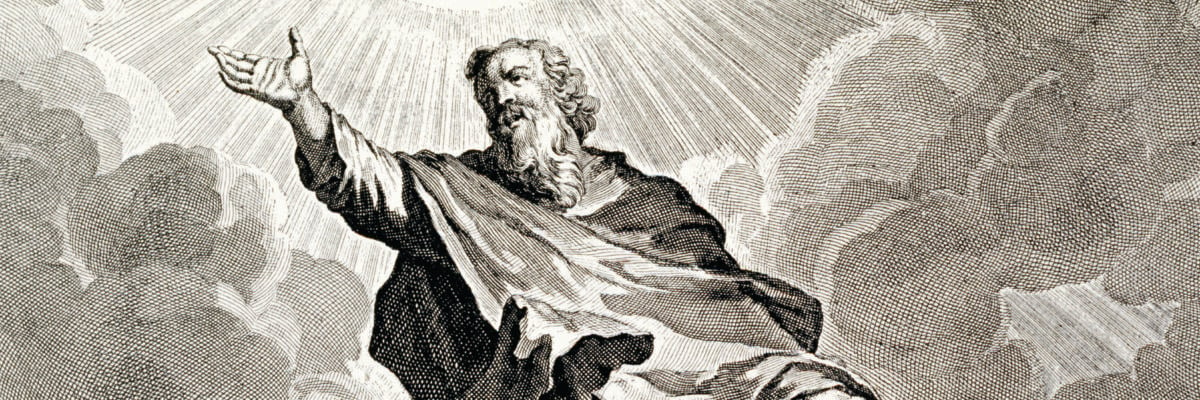Question: What Does Colossians 3:5 Mean, and What’s the Difference Between Evil Desire and Covetousness?
Answer:
Colossians 3:5 (NIV) says:
“Put to death, therefore, whatever belongs to your earthly nature: sexual immorality, impurity, lust, evil desires and greed, which is idolatry.”
This verse is part of Paul’s exhortation to the believers in Colossae, urging them to live out the new life they’ve received in Christ. Having been raised with Christ (Colossians 3:1), believers are called to set their minds on things above, not on earthly things. This requires actively putting to death the sinful behaviors associated with the old self.
Paul identifies five sinful expressions of the earthly nature:
1. Sexual Immorality (Greek: porneia)
This term refers to any form of sexual behavior outside the covenant of marriage — including fornication, adultery, homosexuality, and pornography. Scripture repeatedly warns against sexual sin (1 Corinthians 6:18–20) because it defiles both body and soul, which are temples of the Holy Spirit.
2. Impurity (Greek: akatharsia)
Impurity goes beyond physical acts and includes thoughts, intentions, and habits that corrupt the heart and mind. Jesus said, “Blessed are the pure in heart, for they will see God” (Matthew 5:8). Impurity dulls our spiritual sensitivity and keeps us from intimacy with God.
3. Lust / Evil Desires (Greek: pathos / epithymia kakē)
Lust refers to uncontrolled, passionate craving — especially sexual in nature. Evil desires include all strong impulses that seek satisfaction outside God’s will.
James 1:14–15,“each person is tempted when they are dragged away by their own evil desire and enticed. Then, after desire has conceived, it gives birth to sin…”
These desires are not neutral — they are morally corrupt and must be crucified (Galatians 5:24).
4. Greed / Covetousness (Greek: pleonexia) — “which is idolatry”
Covetousness is an insatiable desire for more — whether money, possessions, status, or even relationships. It’s not merely wanting something; it’s craving it so deeply that it displaces God in the heart.
Jesus warned,
“Watch out! Be on your guard against all kinds of greed; life does not consist in an abundance of possessions.” (Luke 12:15).
Paul calls this idolatry because greed makes material things our functional “gods” — we serve them, love them, and trust them more than God.
The Difference: Evil Desire vs. Covetousness
While both are inward heart issues, they differ in focus:
-
Evil desire is often driven by sensual or emotional cravings (e.g., lust, uncontrolled passions).
-
Covetousness (greed) focuses on material gain, worldly success, or comparison with others — elevating worldly things above God.
Both are deadly to spiritual life, but greed uniquely earns the label idolatry because of its tendency to take God’s rightful place in our affection and priorities.
Putting to Death the Earthly Nature
Paul uses strong language: “Put to death…” (Colossians 3:5). This is not passive. It requires spiritual warfare, intentional resistance, and daily submission to the Holy Spirit. Romans 8:13 affirms, “If by the Spirit you put to death the misdeeds of the body, you will live.”
This isn’t moralism — it’s a response to identity. Because believers are united with Christ in His death and resurrection, they now have power to put sin to death (Colossians 3:1–4).
The New Life in Christ
Colossians 3:12–17 (NIV) describes what we should put on as we remove sinful behaviors:
“Therefore, as God’s chosen people, holy and dearly loved, clothe yourselves with compassion, kindness, humility, gentleness and patience.”
“Bear with each other and forgive one another… Forgive as the Lord forgave you.”
“And over all these virtues put on love, which binds them all together in perfect unity.”
Letting Christ’s peace rule our hearts and His Word dwell in us richly results in a life that honors God in both word and deed.
Final Thought
The Christian life is not just about avoiding sin — it’s about embracing Christ. As we die to sin, we come alive to righteousness. Paul says in Galatians 2:20:
“I have been crucified with Christ and I no longer live, but Christ lives in me…”
May we, by God’s grace, put to death what belongs to our earthly nature and clothe ourselves with the virtues of Christ.
To God be the glory.









